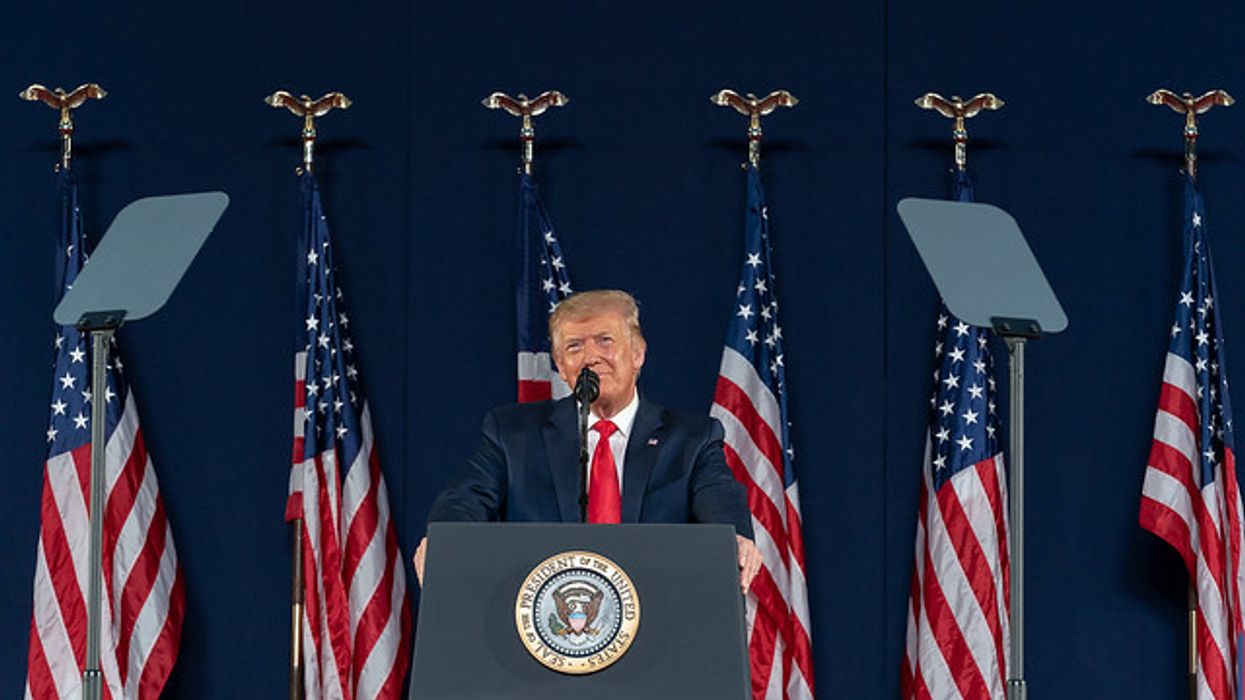'Lots Of Empty Seats' At Closing Trump Rallies In Swing States
Win or lose on Election Day, it’s unlikely the 78-year old Donald Trump will ever hold another presidential campaign rally again, and yet some of his supporters over the past week have stopped showing up for his final tour, leading reporters on several networks to mention there are “a lot of empty seats.”
Who will win the presidential election is anyone’s guess, but for the Republican nominee coming to the end of his third campaign, some expected more people would be out to get one last rush of the MAGA experience.
“Very low energy,” is how Mother Jones’ D.C. bureau chief David Corn described Trump’s rally Monday in Reading, Pennsylvania—a must-win state both candidates have been focusing on.
NBC News’ Vaughn Hillyard, who says he’s been covering Trump since 2015, notes Trump’s first rally on the last day before Election Day is just 70 percent full—and Trump was 40 minutes late.
And he talked about the “far smaller crowds” they’ve been seeing, including this one in North Carolina.
“I wanna show you guys real fast what this crowd looks like,” Hillyard told MSNBC viewers. “We’re looking at about a capacity, about 70% full here, and for nine years … we have talked about the enthusiasm in the masses that have come out for Trump’s rallies, time and again, even at his politically lowest points, including in 2022.”
Biden White House Communications Director Ben LaBolt, from his personal account on X responded: “The act got old.”
The Atlanta Journal-Constitution’s Greg Bluestein posted video from Trump’s Sunday rally in Macon, Georgia.
Revealing just how tired Trump’s supporters have, the comedy team of The Good Liars, who frequently go to Trump rallies and interview his supporters, on Monday caught several people holding Trump signs leaving but his rally early.
The Lincoln Project posted a video, originally posted by Hillyard, remarking, “This is how the MAGA movement is dying, like a bad club when the lights come on.”
Democratic former U.S. Senator Claire McCaskill noted that a Trump rally on Saturday also had “a lot of empty seats.”
Watch the videos above or at this link.
Reprinted with permission from Alternet.












